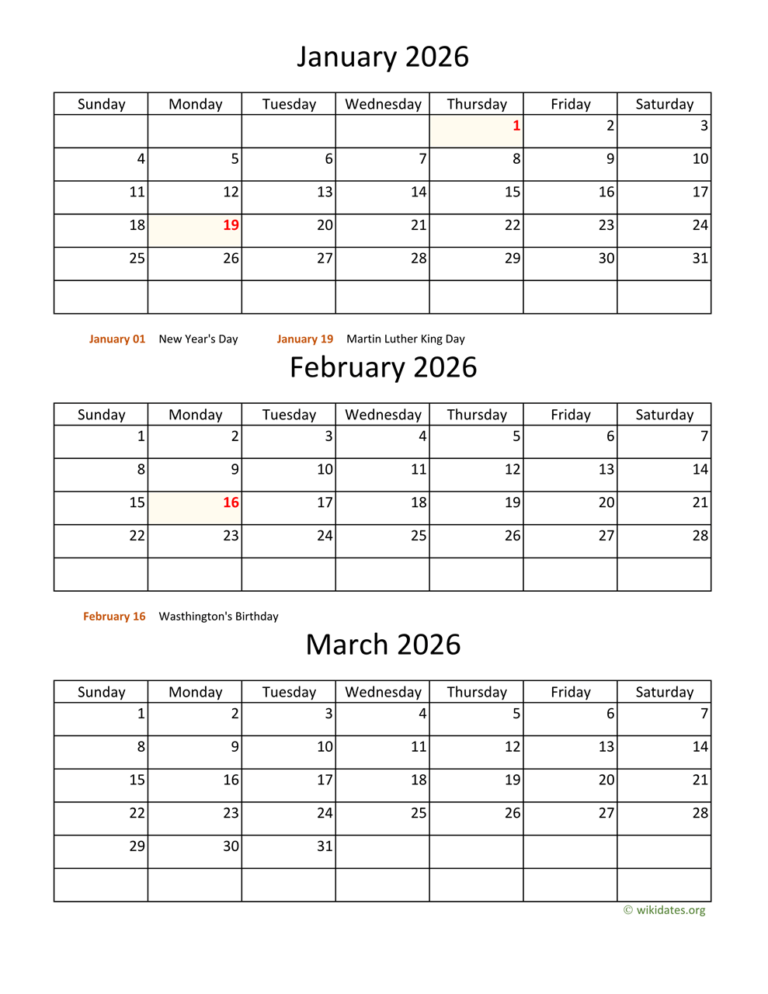Biweekly Payroll Calendar 2025: A Comprehensive Guide for Employers and Employees
Managing payroll can be a complex and time-consuming task, especially when dealing with biweekly pay periods. To streamline the process and ensure timely payments, it’s crucial to have a well-defined biweekly payroll calendar in place. This comprehensive guide will provide an overview of the Biweekly Payroll Calendar 2025, outlining key dates, deadlines, and essential considerations for both employers and employees.
The Biweekly Payroll Calendar 2025 is a valuable tool that helps businesses and individuals plan their financial obligations effectively. By understanding the payment schedule and adhering to it, employers can avoid penalties for late payments and maintain accurate payroll records. For employees, a predictable payroll calendar provides financial stability, allowing them to budget and meet their financial commitments with confidence.
Overview of Biweekly Payroll Calendar 2025
Fam, get ready to stay on top of your bread with the 2025 Biweekly Payroll Calendar. It’s like a map that shows you exactly when your hard-earned dough is gonna hit your bank account.
This calendar is split into 26 pay periods, with each one covering a two-week stretch. It’s designed to help you plan your spending, budget for bills, and generally stay financially lit.
Key Features
- Shows pay dates for every other week in 2025.
- Helps you track your income and expenses.
- Makes it easier to save and plan for the future.
Considerations for Employers

Sticking to the biweekly payroll calendar is essential for timely payments and accurate payroll records. This ensures employees receive their wages on schedule, avoiding delays or discrepancies that could impact their financial well-being and trust in the company.
Adjustments or exceptions to the regular payroll schedule may arise due to holidays or employee absences. In such cases, employers should communicate these changes to employees promptly and clearly. This can be done through email, company announcements, or payroll software updates.
Holiday Adjustments
- If a holiday falls on a regular payday, employers may choose to pay employees early or on the next business day.
- Employers should consider the impact of holiday closures on payroll processing and make arrangements to ensure timely payments.
Employee Absences
- For employees who are absent due to illness, vacation, or other reasons, employers should adjust payroll accordingly.
- Payroll software often allows for easy adjustment of pay dates and amounts based on employee attendance records.
Benefits for Employees

A consistent and predictable biweekly payroll calendar can provide numerous benefits for employees, enabling them to effectively manage their finances.
It offers stability and clarity, allowing employees to anticipate their income and plan their expenses accordingly. This predictability can significantly reduce financial stress and anxiety, fostering a sense of financial security.
Budgeting and Financial Planning
A regular biweekly payroll schedule facilitates budgeting by providing a clear timeframe for income and expenses. Employees can allocate funds for essential expenses such as rent, utilities, and groceries, while also setting aside savings for future goals. This structured approach to budgeting helps prevent overspending and promotes financial discipline.
Meeting Financial Obligations
A consistent payroll schedule ensures that employees can meet their financial obligations on time. This includes regular payments for rent, mortgage, car loans, and other expenses. Avoiding late payments can protect employees from penalties, fees, and damage to their credit scores.
Increased Productivity and Focus
When employees are not preoccupied with financial concerns, they can focus on their work and perform at their best. A predictable payroll schedule eliminates the distractions and anxieties associated with irregular or unpredictable income, allowing employees to dedicate their full attention to their responsibilities.
Resources and Tools
Many helpful resources are available to assist employers and employees in managing biweekly payroll calendars. These include online calculators, templates, and other relevant tools.
Online Calculators
Online calculators can be used to calculate gross and net pay, as well as other payroll deductions. Some popular online calculators include:
– [Payroll Calculator UK](https://www.thesalarycalculator.co.uk/)
– [Net Pay Calculator UK](https://www.netpaycalculator.co.uk/)
– [Gross Pay Calculator UK](https://www.grosspaycalculator.co.uk/)
Templates
Templates can be used to create biweekly payroll calendars. These templates can be customized to include company-specific information, such as pay dates and employee information. Some popular templates include:
– [Biweekly Payroll Calendar Template](https://www.vertex42.com/ExcelTemplates/bi-weekly-payroll-calendar.html)
– [Biweekly Payroll Schedule Template](https://www.smartsheet.com/templates/payroll-schedule-biweekly)
– [Employee Payroll Calendar Template](https://www.template.net/business/payroll-calendar/)
Other Resources
In addition to online calculators and templates, there are a number of other resources that can assist employers and employees in managing biweekly payroll calendars. These resources include:
– [ACAS: Paying Your Employees](https://www.acas.org.uk/paying-your-employees)
– [GOV.UK: Paying your employees](https://www.gov.uk/paying-employees)
– [The Chartered Institute of Payroll Professionals](https://www.cipp.org.uk/)
FAQ
What are the benefits of using a biweekly payroll calendar?
A biweekly payroll calendar provides several benefits, including timely payments, accurate payroll records, improved cash flow management, reduced penalties for late payments, and increased employee satisfaction.
How can I handle adjustments or exceptions to the regular payroll schedule?
Adjustments or exceptions to the regular payroll schedule, such as holidays or employee absences, should be communicated clearly to employees in advance. Employers should have a process in place to handle these exceptions, ensuring that employees are paid accurately and on time.
Where can I find resources or tools to assist with biweekly payroll management?
Numerous resources and tools are available to assist with biweekly payroll management, including online calculators, payroll software, and templates. Employers and employees can also consult with payroll professionals or accountants for guidance.

